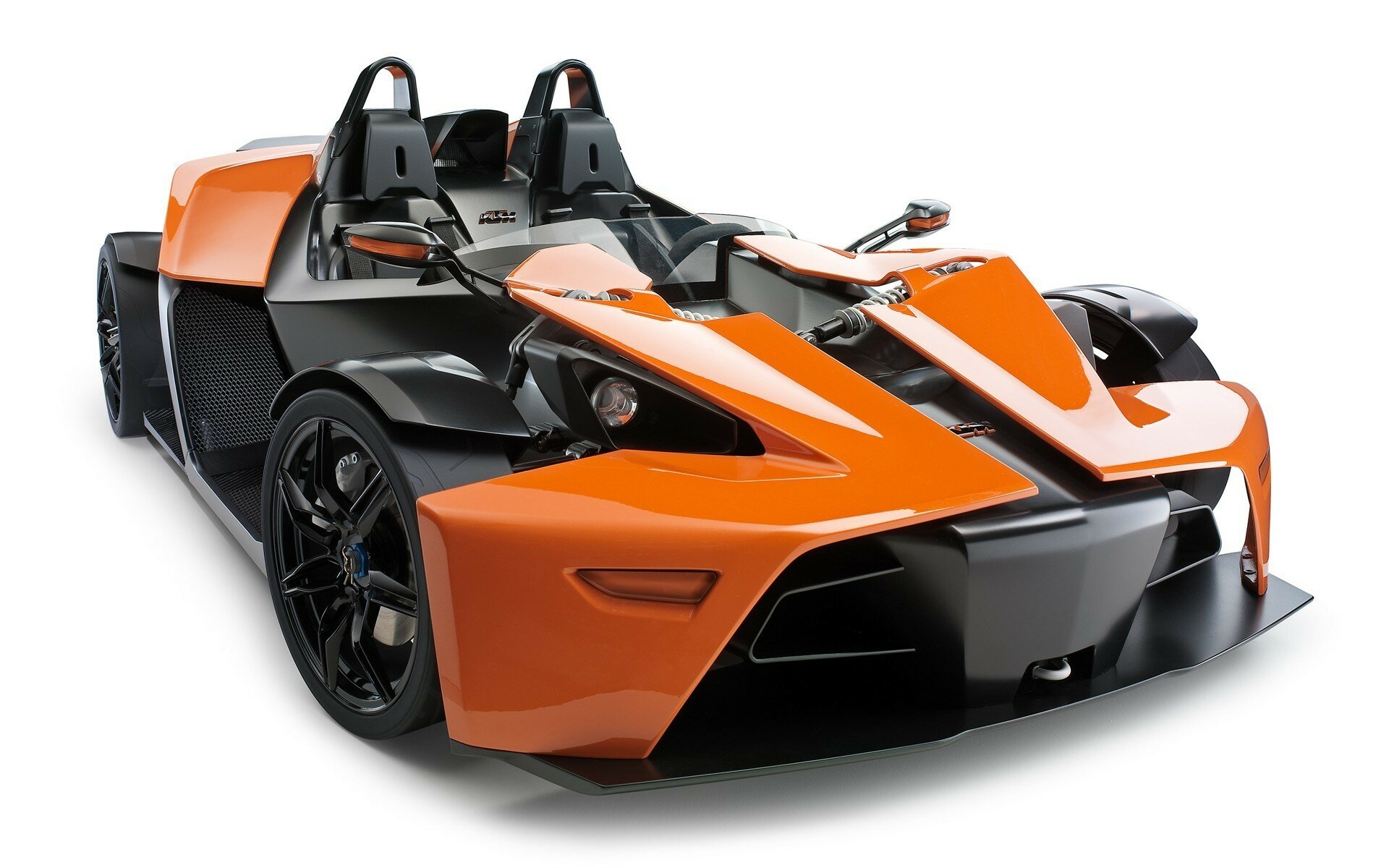It looks cute, until it sends all your data to Google (and beyond).
Last week, at a technology conference in California, Google unveiled the latest version of its driverless vehicle, a two-seater that has no steering wheel or other driver controls.
As others have noted, the idea of the driverless car â€" assuming it can be done right â€" is enormously attractive, and not just for the reasons in Google's breathless introduction. A fleet of semi-autonomous electric of hydrogen-powered vehicles could be a boon in all kinds of ways, including the potential for making our roads and highways much safer, for dealing with growing demand and the environment, for freeing up current drivers' time to do more productive things than steer a car.
But as we move toward this inviting future, we're losing something as well. The American romance with cars â€" however wasteful and selfish in some respects â€" has always been tied to our sense of individual freedom. In the world that Google, government and others are creating for us, that's becoming history, too.

I learned to drive at about age 12, which was when my feet could reach the clutch, brake and gas pedals in the decrepit Jeep we used mainly for plowing our long driveway and carting stuff around our property. It was huge fun to drive, even if the ride was spine-jarring.
The first car I owned â€" some six years later â€" was a very used 1964 Volkswagen Beetle that my father helped me buy (to my mother's distinct displeasure). For the first time, I didn't need permission to go when or where I pleased. I reveled in what felt like genuine freedom, even though my serious road trips came later.
I've driven coast-to-coast several times, seeing the American continent up close â€" including a stretch on what had been the fabled US Route 66 â€" while listening to music that will always remind me of the open road. To the best of my recollection I've owned nine cars along the way, from an uncomfortable Land Rover wagon to a money-pit of a Peugeot to my current Prius.
I buy cars so rarely now that I'm always blown away by how much progress has been made in terms of the technology so deeply embedded in engines, brakes and seemingly every other part of a car. In many ways, modern automobiles are already like networked computer systems on wheels â€" and the driverless cars of our likely future will just build on what we've already seen, from hands-free parallel parking to braking assistance.

But, if we don't pay attention to how they are developed now, driverless cars won't be a symbol of individual freedom as much as another way in which we'll have given into the surveillance state.
"Just imagine," says Google on its official blog:
You can take a trip downtown at lunchtime without a 20-minute buffer to find parking. Seniors can keep their freedom even if they can't keep their car keys. And drunk and distracted driving? History.
So, go ahead and imagine consider some other, less rosy, scenarios:
You're working on a business deal with someone across town, but aren't ready to make it public. Yet your driverless car is tracking everywhere you go â€" and the people you'd rather keep out of the loop have gotten access not only to data from your your mobile phone (which you leave at home), but also your car's time and location data. Your spouse's divorce lawyer has just issued a subpoena to Google for all of your driving records. Your insurance company, always looking for a way to deny coverage to people who might need it, demands to know why your car has been in certain areas of the city â€" and cancels your coverage when you decline to explain.Some future government decides that certain areas are off-limits, and orders Google and other automotive software/networking companies to prevent "your" car from going there. Or, one day, normal people discover that vehicles occupied by government officials and rich and powerful individuals are getting priority.Malevolent hackers, perhaps employed by foreign powers, hack or otherwise get access to networks. On a day of their choosing, they shut down traffic in major cities â€" or, worse, engineer crashes that take an enormous toll on life and property.
All of this is about control â€" and who has it when it comes to our freedom of movement. Future riders will have some freedom to move â€" as long as governments and corporations don't interfere â€" but no freedom to move without others watching and storing everything.
Maybe this is all inevitable, but shouldn't we be discussing this before we bow to the latest gods of progress? Google and the other companies in this growing field are happy to tell us how much we need their solutions. Let's have a conversation about what we'll lose.
http://www.theguardian.com/commentisfree/2014/jun/02/google-driverless-cars-safety-climate-privacy
No comments:
Post a Comment